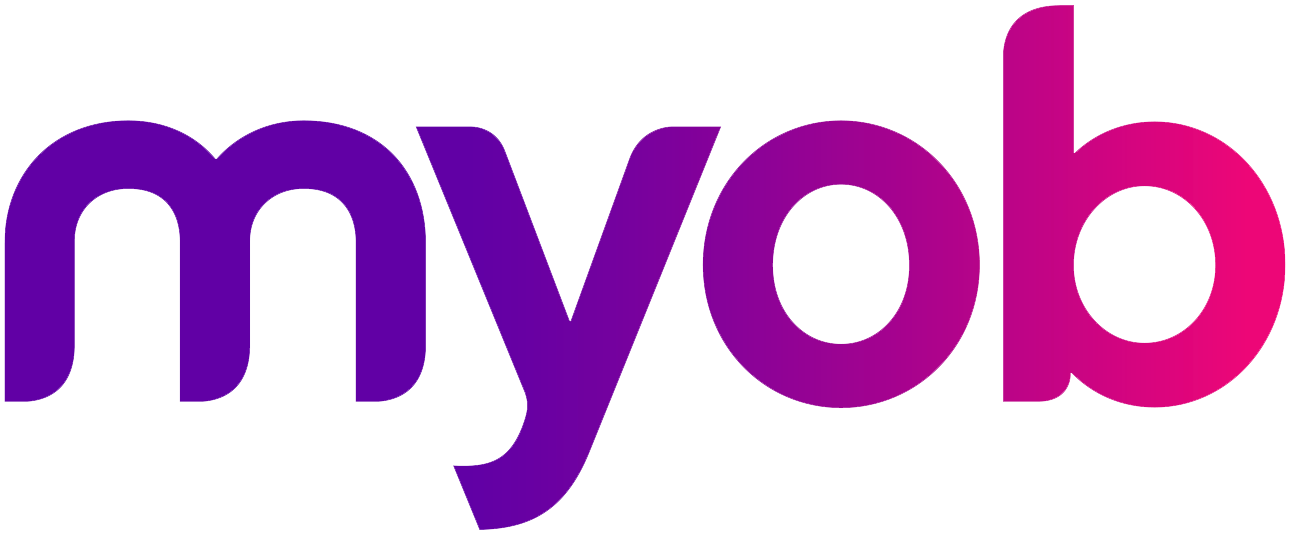
Andrew Young
March 13, 2023
Are you running your business with one eye on compliance, or with both eyes focused on a clear vision for the future? As a business owner, it’s important to stay focused on core competencies to ensure you are delivering on your strategic goals. However, this is easier said than done, and business owners or senior management can quickly find themselves wading through the weeds of day to day operations, instead of focusing on value creation.
While outsourcing non-core services is now commonplace, a Corporate Managed Services (CMS) model can supercharge your outsourced functions and deliver a far wider range of strategic benefits.
Outsourcing compared to managed services
Outsourcing is the business practice of hiring a party outside a company to perform services or create goods that were traditionally performed in-house by the company’s own employees and staff INVESTOPEDIA
While outsourcing has been made more viable through advances in technology, and the cost savings have been proven to exist, the risk of siloed functions and muddled communications between teams remains. There is also the opportunity cost of lost efficiencies. One area of outsourcing may impact another area that remains in-house, or is outsourced to the same provider but without holistic business oversight.
DFK Gooding Partners CMS has its beginnings in outsourcing, however it isn’t the same. Where outsourcing services is typically driven by removing costs by delegating administrative tasks such as bookkeeping or payroll, CMS adds a deeper, cross functional oversight across all elements of an outsourced service model to deliver strategic insights and lasting value. For SMEs, we believe the value added by a trusted Managed Services provider with established regulatory credibility can be nearly impossible to match using in-house services, or a traditional outsourced model.
“
It’s no longer a company’s ownership of capabilities that matters, but rather its ability to control and make the most of critical capabilities, whether or not they reside on the company’s balance sheet.
Key benefits of outsourcing
- Cost savings: Outsourcing can help you save money in the long run, by allowing you to tap into the expertise and economies of scale of specialised service providers, without committing to the FTE staff required to deliver the expertise. Implemented correctly, outsourcing can deliver cost savings of up to 30% for the same expertise to be delivered in-house (McKinsey & Company, “Outsourcing: Is it right for your company?”, April 2021).
- Improved efficiency: By outsourcing non-core tasks, you can free up your time and reallocate resources to focus on what you do best – driving growth. According to Bain & Company, companies that outsource non-core functions see an average productivity improvement of 20% (Bain & Company, “The Productivity Benefits of Outsourcing”, March 2021).
- Increased Flexibility: Outsourcing allows you to scale your operations up or down as needed, without having to hire and train new employees. This can be especially useful during times of economic uncertainty, or rapid growth.
- Increased focus on core competencies: By outsourcing non-critical tasks, you can focus on what your business does best and stay competitive in your industry.
- Improved cash flow: Outsourcing can help you improve your cash flow by allowing you to pay for services as needed, rather than incurring the upfront costs of hiring and training new employees. Additional financial oversight also allows monitoring and planning for cashflow requirements.
Key benefits of Managed Services
- A breadth and depth of specialised expertise: You may already have an outsourced bookkeeper, however typically that is where the knowledge stops. When you engage with a CMS model you have access to a pool of cross-functional, specialised expertise that provides both breadth and depth of knowledge. This can be especially valuable for professional services such as payroll, taxation compliance, and corporate secretarial services, which are interlinked, require specialised knowledge and training and can impact other business functions.
- Reduced compliance burden = improved risk management: By using a managed services model, you can transfer certain risks to the provider who is skilled in regulatory compliance, and with a long-standing relationship with regulatory and compliance bodies. Our CMS team are regularly updated with the latest regulations and compliance requirements, and as specialised service providers we have a thorough understanding of the relevant laws and guidelines. Complex payroll regulations in Australia are a good example of a risk area for directors that can be effectively managed through a CMS offering.
- Increased efficiency: While outsourcing removes workload, regulatory administration areas can remain and communications channels can quickly become full with requests for information. With high level oversight and deep regulatory knowledge, a CMS team knows exactly what to communicate as a necessity, and what decisions can be made on your behalf.
- Top tier talent: Engaging a CMS team can provide you with access to a higher quality of talent that may be available locally, especially in a tight labour market. Our CMS team includes Associate Partners and Managers with decades of experience under their belts. This team is highly proficient and flexible, providing the best resources for your needs, regardless of your location.

Is a Corporate Managed Services model right for you?
The only way to effectively answer this question is to start a conversation around your business needs, context, and future strategic growth plans. Any kind of outsourced services will provide short term, initial benefits of reduced workload in the areas that are outsourced, and micro businesses, or those with a low head count can absolutely benefit from outsourcing areas such as bookkeeping or payroll.
However if your business is an SME with private shareholders, or is publicly listed; has increasing payroll, corporate secretarial, tax compliance and accounting requirements that are impacting on core operations; and seeks the deeper strategic value provided by an experienced, holistic services provider – CMS could be exactly what you need.
At DFK Gooding Partners our CMS model includes accounting and bookkeeping, tax compliance, payroll, corporate secretarial and local office services. If these service areas fit your business lifecycle, talk to us today on how CMS can assist with your strategic objectives.
Learn more about Corporate Managed Services
Contact our CMS team below, or reach out to us at info@dfkgpca.com.au / (08) 9327 1777 for more information.









